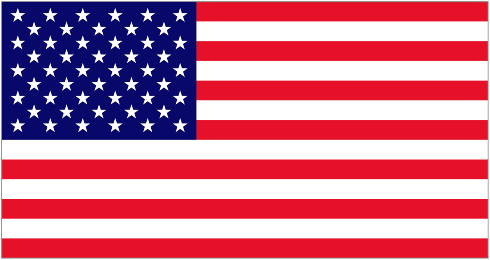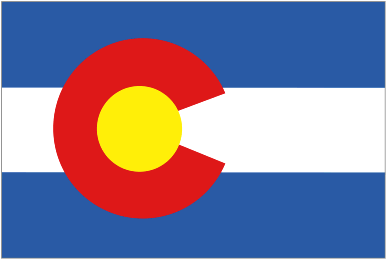At the end of my most recent blog posting (about Barack Obama's potential paths to an electoral college victory), I said the following: "If McCain moves Michigan to his column, and Obama nets Ohio, Colorado, and New Mexico, and the rest of the states stay as they went in 2004, then each candidate gets 269 electoral votes. That's right, folks - a tie is possible. Then the vote would go to the House of Representatives, and each state would have one vote. I'm not even going to try to speculate on what would happen then."
Well, I changed my mind; I'm going to speculate. And no, none of the polls have moved since I posted that blog, so this is still a real possibility at this point.
If the electoral college fails to give any one presidential candidate a majority (270) of the votes, the selection of the president goes to the House of Representatives. The delegation from each state gets one vote to cast for any of the top 3 from the electoral college process. Since no third party is likely to get any electoral votes this November, the House would most likely be forced to choose between Barack Obama and John McCain.
This vote, it seems, would heavily favor the Democratic candidate. I believe this vote occurs before the next congressional session begins, since the electoral college vote occurs almost a month before that time. So we'll assume the current congressional make-up would still be in place at the time of this vote. There are 27 states with more Democrats in the House than Republicans, and just 21 that are the other way around (2 are tied - Kansas and Arizona). So Barack Obama would probably be elected president.
But who would be his vice president? Here's where it gets interesting. What most people don't know is that, technically, the vice president is chosen completely separately from the president. When you vote in November, you're really voting for an elector who you trust to vote for the presidential and vice presidential candidates you want to win. Fortunately, electors very rarely vote for a different candidate than the voters from their state want in either office, so if a tie happened in the presidential vote, it would almost certainly be the same in the vice presidential vote.
When there is a tie in the vice presidential electoral college vote, the vote goes to the Senate, with each senator given one vote to cast for either of the top two electoral college vote-getters. So the Senate would have to choose between Barack Obama's running mate and John McCain's.
Right now, there are 49 Democrats, 49 Republicans, and 2 Independents in the Senate. Obviously, this vote would be open to a lot of smoke-filled-room politics. But I personally think the Republican would probably win. All 49 Republicans would almost certainly vote for their candidate, hoping they can get someone in the White House, even if not the president. I also think the Independents, and perhaps even a few Democrats, would go Republican, trying to force Obama to make good on his promises of bipartisanship. After all, what could be more bipartisan than a split White House?
So there you have it, folks. In the unlikely event that the electoral college vote this fall results in a tie, we will probably have a Democratic president and a Republican vice president. Let's all pay extra close attention to who John McCain picks as his running mate. I'm pulling for Obama-Rice '08.





